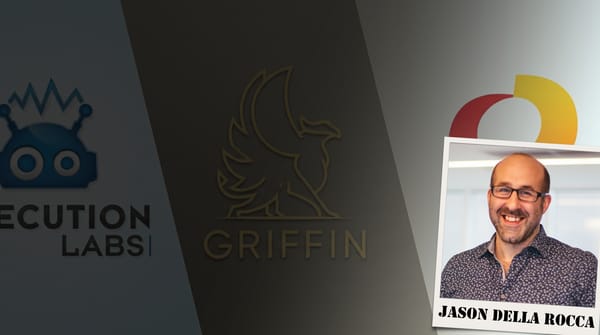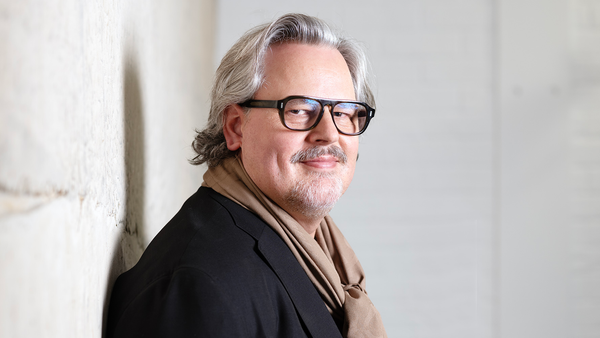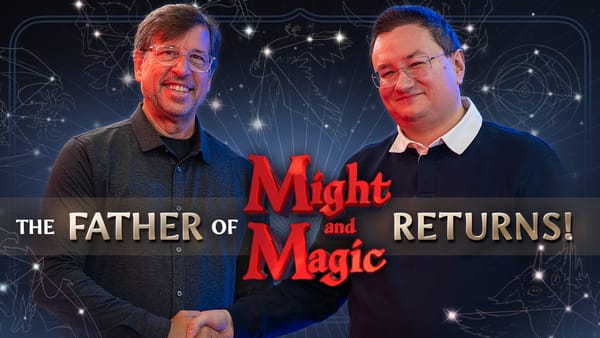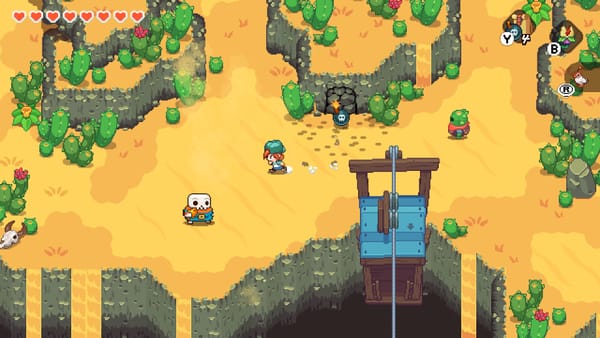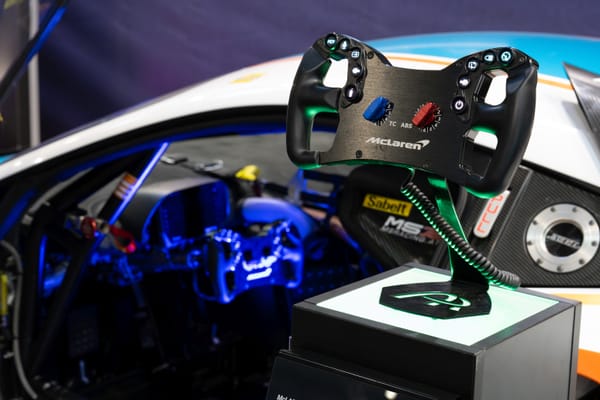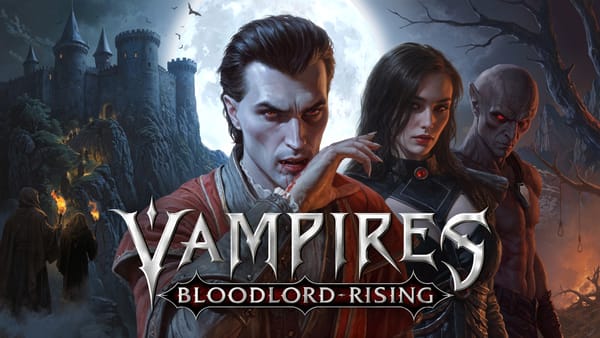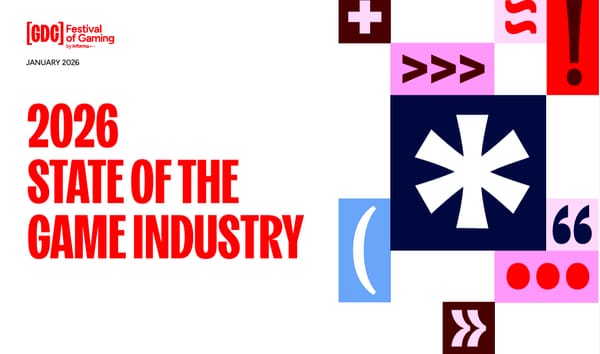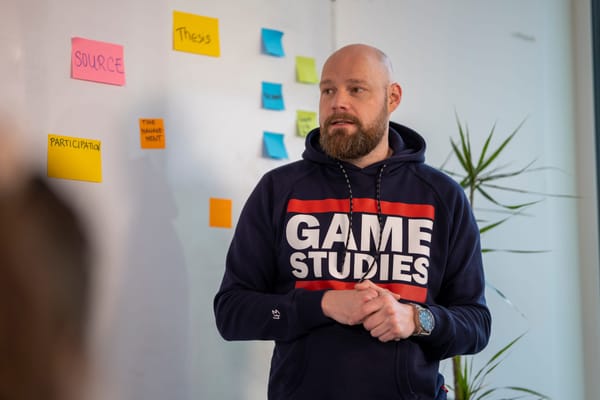Interview: "Brazil has Shown Remarkable Resilience and Adaptability"



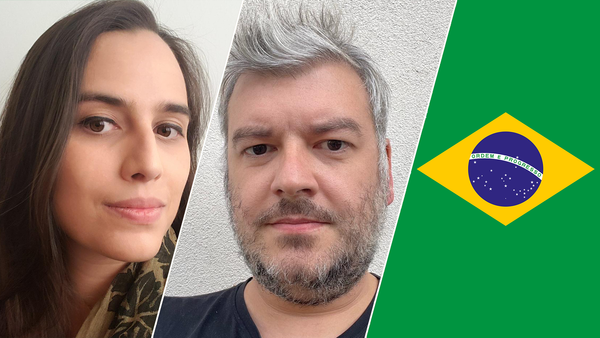
Home to gamescom latam, massively growing as a production location and as a market and just recently equipped with a new legal framework for games: We interviewed Patricia Sato from Brazil Games and Rodrigo Terra from association Abragames about Brazil's gaming potential.
Brazil is not only home to gamescom latam, but also one of the biggest growing games markets in the world. We talked to Patricia Sato, Executive Manager at the Brasilian export program Brazil Games, and Rodrigo Terra, President of Brasilian games association Abragames, about the specialties of their home market, growth during global crises, events in South America and more.
GamesMarkt: How was your gamescom? What did you achieve?
Patricia Sato: Gamescom is one of the most important events for the Brazil Games Export Program, and a pivotal step into the journey to build a stronger and more dynamic international presence. We’re not just showing up, but we’re experimenting, adapting, and expanding. This year, we brought a broader, more diverse delegation than ever before, including studios of different sizes, genres, and levels of experience. With support from ApexBrasil, we’ve worked to make sure more voices from Brazil are heard, and more business opportunities are created for our developers but also for the international partners interested in our Market. It’s all part of our strategy to make the Brazil Games brand more inclusive, representative, and globally competitive.
How is the situation of Brazil as a games location? Especially in the light of the recent difficult years for many game studios, publishers and investors.
Patricia Sato: Brazil has shown remarkable resilience and adaptability. While the global market faced challenges, Brazil leveraged this period to foster entrepreneurship and innovation. The challenges faced in other regions inspired the rise of new studios, and we’ve seen a growing number of developers turning to global markets through support from Export Program and the Association. Since the launch of the Brazil Games Program back in 2013, exports among the companies supported by the program have grown by more than 3500%, demonstrating how international demand for Brazilian games continues to rise, the last Industry census showed more than 1,000 studios in 2023. With our industry’s new legal framework (the “Marco Legal dos Games”) we are positioning Brazil as a new robust and reliable production hub.
How is political support for games in Brazil? And how did the direction change since the current government came into office in 2023?
Patricia Sato: Federal government interest and support for the games industry in Brazil has grown significantly in recent years. We’ve seen a clear and ongoing effort to understand the needs of our industry, develop targeted public policies, and foster sustainable growth. The approval of the "Legal Framework for Games" is a major milestone, establishing a dedicated regulatory structure, creating fiscal incentives, and opening space for innovation, entrepreneurship, and new investments. State government too, with local initiatives tailored specifically for newcomers, mid-size and mature studios. We’ve also seen an increased interest to invest from publishers. It’s a sign that games are finally being recognized as a serious industry, both culturally and economically.
Every games market has its own specialities. What does Brazil do especially good as a game production area?
Patricia Sato: Brazilian studios stand out in world-class art, narrative design, and innovation. Our multicultural identity and unique worldview allow us to develop games with powerful stories and culturally resonant characters. Moreover, we’re investing heavily in training and acceleration programs through the Brazil Games Export Program, empowering studios with international business knowledge and readiness.
And what is Brazil’s specialty as a games sales market? Does it have peculiarities, like the way PC gaming is relatively strong in Germany and Strategy games are bought more often here than in similar markets?
Rodrigo Terra: The Brazilian games market stands out for its broad digital adoption and high mobile penetration, with strong engagement across all age and social groups. While mobile leads, Brazil also maintains active communities on PC and console, with highly connected and socially driven consumers. The growing presence of national productions and the appreciation for Brazilian culture as a competitive edge demonstrate that Brazil not only consumes games but also seeks representation within them. This diversity of player profiles and the culturally vibrant environment make Brazil a unique and strategic market for game sales and international expansion.
What did the emergence of gamescom latam change for Brazil in the last years?
Patricia Sato: The arrival of gamescom latam has had a transformative effect on the regional ecosystem, giving Latin American studios, including many from Brazil, a larger and safer stage to connect with global partners. As a strategic partner, we’ve supported initiatives within the event that foster business generation, knowledge exchange, and international visibility for Brazilian developers. It’s a valuable platform that complements our efforts with ApexBrasil to grow the Brazil Games brand, and it aligns with our broader mission of opening doors for more companies and talents across Brazil. We’re always happy to welcome to Brazil any company that believes in our potential and in building strong, lasting partnerships.
With gamescom latam, you have a massive conference name located in Brazil. The intent of the fair is to be the center of games for all of South America. Does that intent translate to Brazil as a whole as well?
Patricia Sato: Absolutely! We want Brazil to be a central hub, but not a closed one. We believe Brazil has both the responsibility and the spirit to be a meeting point for the global games industry, not a gatekeeper, but a host. Through the Brazil Games Export Program, our mission has always been to create open, inclusive spaces where collaboration, innovation, and meaningful partnerships can thrive.
This spirit shapes how we show up at international events: with arms open, curious minds, and a genuine desire to connect. We don’t want to stand alone, we want everyone to feel they have a place here. If you’re heading to Tokyo Game Show, come find us. Let’s continue building bridges, not borders.
Never miss anything from the German, Swiss and Austrian games industry again: subscribe for free to our Daily newsletter and get all news straight to your inbox.
